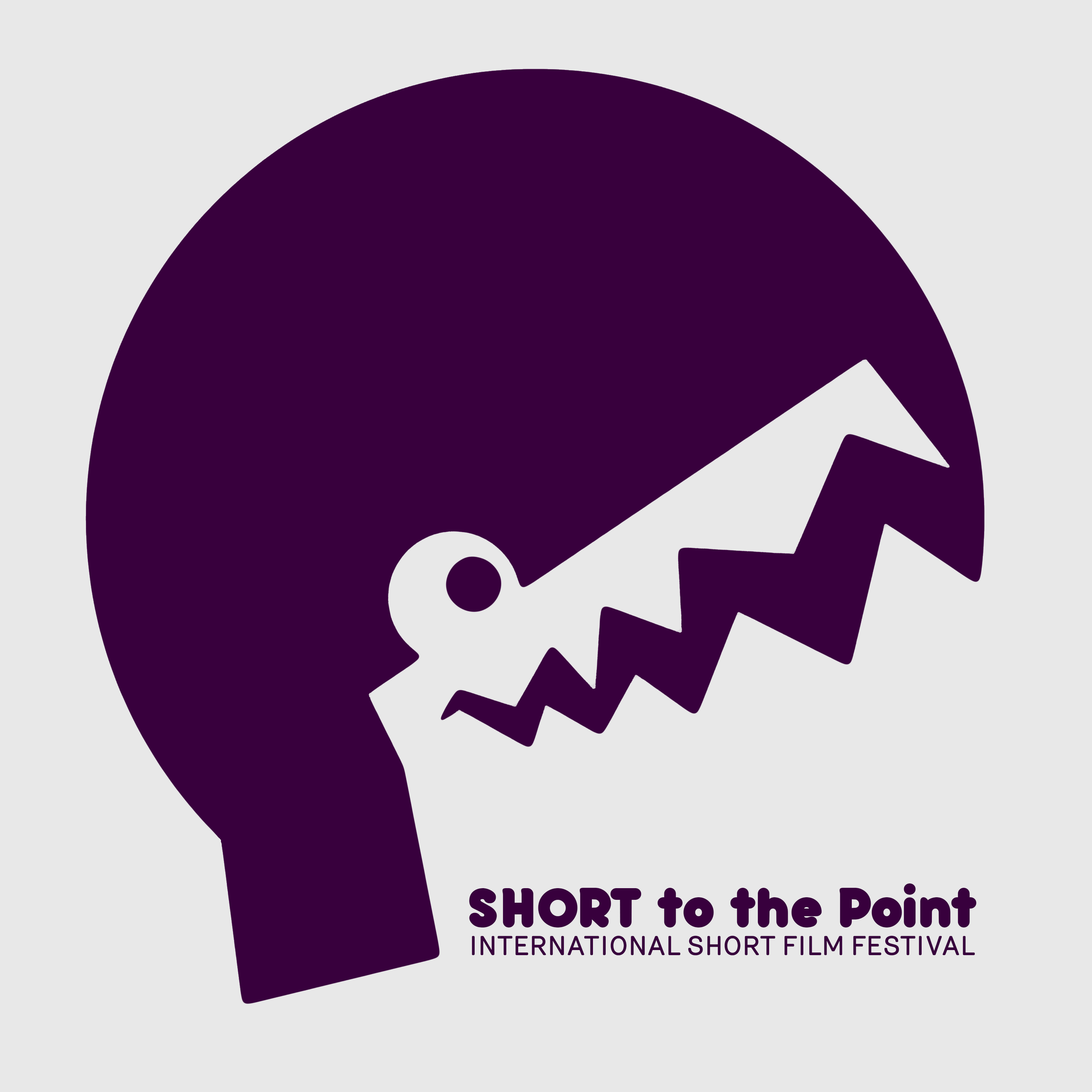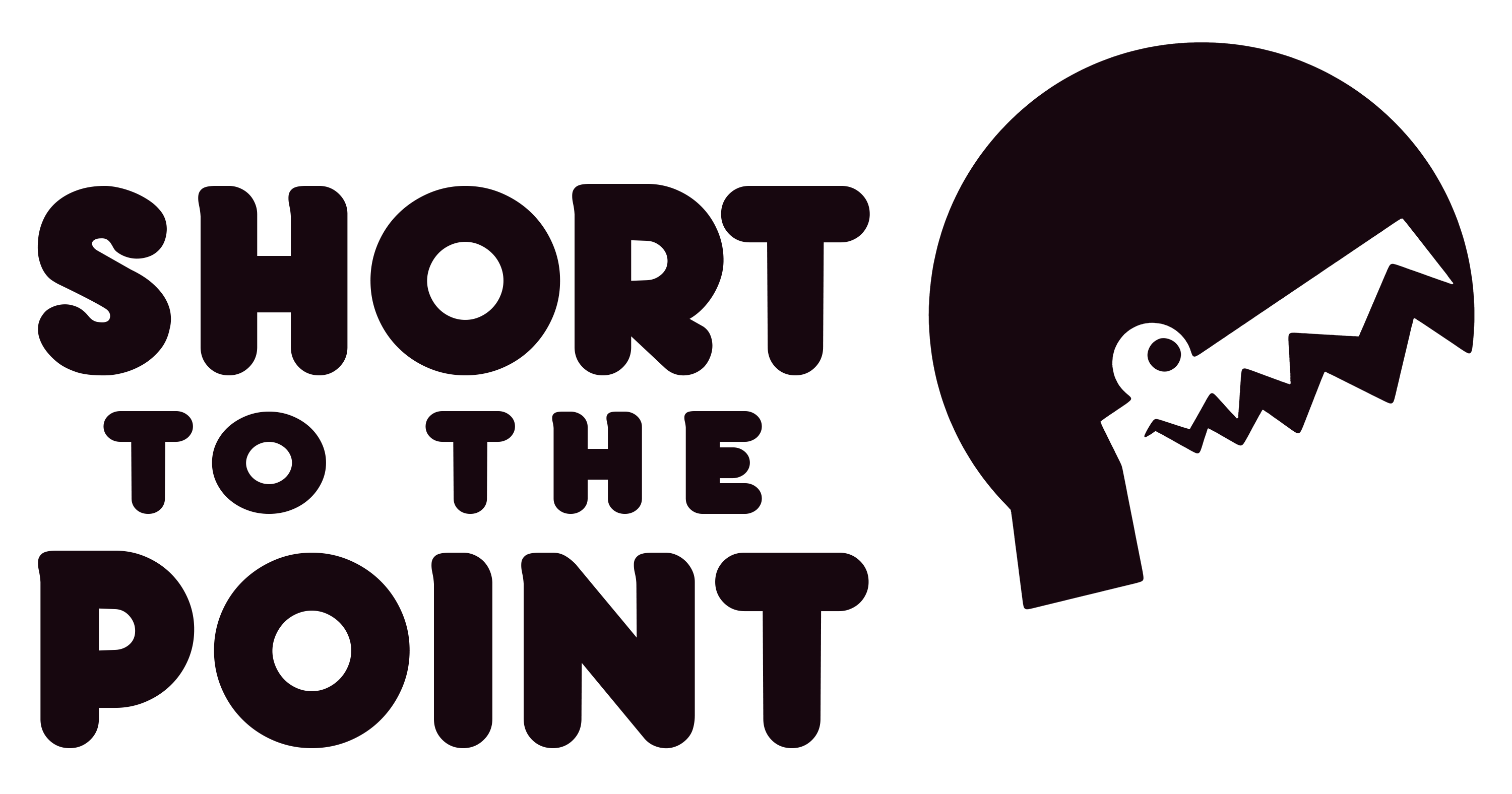SHORT BIO OF THE DIRECTOR:
My aspiration was to leave Belarus as soon as possible to be able to express myself as an artist. Moreover, as a girl, becoming a film director there seemed impossible and unorthodox, which didn’t help motivate me much. I was motivated to grow and not give up by the inspiration I got from watching movies. I knew one day I could tell stories on the big screen, and that’s how my journey began. As an 18-year-old, I graduated from art college in Minsk and moved to Germany. I received a scholarship from the Friedrich Ebert Foundation to study Time Based Media first at Berlin technical art school and later at the University of applied science in Mainz. After my bachelor’s degree, I did a master’s in directing and acting in London at diverse universities such as NTFS, London Film Academy, City Academy, and Workshop courses at Pinewood Studio, supported by a DAAD scholarship. During my studies and after my master’s degree, I gathered experience by producing projects and working on short films and commercials as a 1AD and Producer. Currently, I am working as a freelance director, developing treatments and planning to produce many visually challenging projects. But my main goal is to create and shoot a feature film that my family can see in the cinema. I received a scriptwriting scholarship for my feature and am working on the Pitch Deck and the Treatment.
- Was there a particular event or time that you recognized that filmmaking is your way of telling stories?
It all started when my parents bought a TV, and I found a channel called “Сosmos TV.” Every morning I got up earlier than my family and snuck into the kitchen to watch a new movie. You know that feeling when everything seems monotonous, and then you watch a movie, and suddenly you see the colors, hear the music, and life creeps into you? That’s magic. Since then, I can’t stop watching movies. I went to theater school and studied theater, learned languages by watching movies, studied graphic design and worked with images and colors, and learned to visualize the worlds I have in my head.
- Do you think it is essential to go to a film institute in order to become a successful filmmaker?
When I was a kid, I thought that film directors were special people who had a long, hard road behind them to become filmmakers. But I never thought you could learn how to do that. Because there was only a tiny film industry in Belarus, I had the opportunity to study filmmaking only in Germany and England. There are no right or wrong answers. Film school is a good start and provides an excellent opportunity to find similar creative people to work with on future projects. You will help each other write scripts, shoot and encourage one another not to give up, which is usually not easy and requires time when you graduate from the University. Many famous filmmakers haven’t graduated from film schools, and some were rejected several times when they tried to get in. However, film schools provide a good foundation, contacts, and knowledge to develop and take your first steps as a filmmaker. But that doesn’t mean that you can’t make films and tell stories without them.
- Is it harder to get started or to keep going? What was the particular thing that you had to conquer to do either?
Both are difficult. But it is easier to start a project than to finish it. A project requires a lot of diligence, patience, and time, and it helps to exercise discipline. People often draw interesting comparisons about your attitude toward a project. For me, it’s like a flower that you must plant and constantly water, watch, transplant, and keep under control so that it blooms and doesn’t die. But sometimes, I don’t have the energy to continue a project I’ve started and put a lot of love and time into. I usually go for many walks to clear my head of the negative thoughts and calm my inner critic, who keeps screaming that it’s all for nothing, that it’s all a waste of time! My friends and family are a second lifeline and inspiration that keeps me from hanging my head and moving on. Without them, I would have given up on all my ideas and dreams long ago. But it’s important to finish what you start because that’s how you can learn from your mistakes and grow as an artist. I’m constantly writing all my thoughts on paper and putting out sheets to clean up the chaos in my head. It helps to see my urges and what’s worth prioritizing. You put everything in order in your head and put everything in its place. I have some projects that I started developing and then put on the back burner because they still need to be finished. Of course, that goes on in your head and eats you up from the inside. But lately, I’ve been working in a more structured way and setting deadlines for myself, which is starting to pay off. Some projects need more time and more development. So there’s nothing wrong with not finishing a script but continuing it later when you have a clearer vision.
- What was the most important lesson you had to learn that has had a positive effect on your film? How did that lesson happen?
My most important lesson was my undergraduate film. I experienced the hardest burnout that killed in me the desire to start any other project. I started a too-big and costly project with lots of VFX. It led to significant overload, psychological problems, and creative blockage. But on the other hand, it taught me to take my time and be reasonable about my capabilities and resources. I have quite a stubborn character, which unfortunately does not help. Not all projects can be saved. Sometimes it is worth it to admit your mistake and move on; this is what this project taught me. With new projects, I’m quicker to make creative compromises and plan shoots more realistically without simplifying my idea. I’m more flexible and try to only concentrate for a particular idea if I have the budget or resources to do so. This trains my imagination and generates new and even more exciting ideas.
- What production realities from casting through editing that you had to accommodate? How did you navigate those compromises or surprises and still end up with a cohesive film?
I was terrified to shoot in Spain because I had no contacts or connections there. Thanks to my Producer, Virginia Mercedes, the problems and difficulties were solved. Virginia did her job perfectly and made me feel very safe. Despite all possible inconveniences, she always had a solution ready. She always remained calm and humorous. The casting on the German side was fast enough for the role of a girl. But for the part of a boy, I needed help with the selection. I wanted to work with the people I had worked with on previous projects, but our budget didn’t allow it, so we cast actors in Spain for the boy’s role. That was a good decision and gave the character a different charm. I was delighted that it worked out that way. Working with actors who don’t speak the same language was also interesting, and I could take advantage of that and create a little surprise in a scene. For example, during a scene, I gave my German-Russian actress a commentary in Russian, and the Spanish actor didn’t know what to expect. In one of the pool scenes, that worked wonderfully. Some moments with the zoom lens ended up differently than I had planned, leading to some editing complications. But a colleague of mine, Santiago Iturmendi, who works in the special effects department, came to my rescue, and he helped me give the final zoom scene the proper effect.
- What was the most challenging artistic choice you made in the making of a film at any stage in production?
The most serious difficulty was simplifying the shots. Given the shooting schedule and the limited budget, I had little time to storyboard and think clearly about the images and the shot list. So I decided to focus more on the story and less on the visual effects, which I was eager to try. I’m a fan of composition and complex camera movements. But on this project, I decided to simplify the shots and give the actors more time. This process was quite frustrating and made me feel like I was constantly working carelessly, and in a hurry, but in the end, I could shoot the scenes more freely and wasn’t locked into the planned composition.
- You are a collaborator. How have you discovered your team members, and how do you keep the relationship with them strong?
I love working with people who are passionate about their work and can simultaneously deal with difficult situations and conflicts. I am still in contact with many of them. It is similar to a music band; each member has a key influential role and brings the creative part. But you need to find the right one to have a band. I can’t say there’s a particular way I find my team. While shooting, you usually get a sense of who is on the same page as you are and willing to work not only on current projects but also on future ones. You can feel it and tell. I plan to shoot more projects with Karina, who plays the girl in the Music Video. She is a very talented and multifaceted actress who can portray exciting characters and work more with the Music Video Producer Virginia Mercedes. Sticking to people who believe in you and want to support you is essential. Sometimes you get lost in your ideas and get frustrated, but your creative colleagues hold the mirror in front of you and help you look at yourself differently. I am happy to have these people and share my ideas with them, and I am grateful for their patience and the time they take to read my scripts and treatments.
- What do audiences want? And is it the filmmaker’s role to worry about that?
Audiences are very different. The director allows the audience to see this world from a different perspective, to show the beautiful and various aspects of life. As an artist, I must tell stories with elements of my creative outlook, experience, and vision of the world. Every genre and every level has an audience, even if it’s not a big one. I want to make movies with strong characters and strong stories. The audience wants to have a connection to the story and be able to relate to the characters. I always enjoy seeing people in the cinema, regardless of nationality, all laughing about the same thing because they can relate to something from their own life.
- What role have film festivals played in your life so far? Why are they necessary? How do you get the most out of them?
I love film festivals. Thanks to them, I can get to know the work of other talented filmmakers and get a lot of inspiration. Each festival has its advantages. At one like Aesthetica Short Film Festival and Evolution Film Festival, I can participate in workshops with professional filmmakers. At another like the Interfilm Festival, I meet other directors and actors who may be working in the same style of comedy as I am. Festivals are where you can feel the energy of film and creativity. Every time I attend a festival, I overcome my inner critic and get the power to keep working. Festivals play a vital role in our industry and complete the overall picture of your profession when you have a creative downtime. You get to see how other directors and filmmakers deal with their projects and challenges, which motivates you not to give up.
- Do you believe that a filmmaker should be original and fresh or he/she should stick to classic but safe cinema style?
Originality and innovation must always be present in cinema. I admire directors with a personal, clear signature and a passion for experimentation, whether in their choice of actors, their choice of settings, or their mix of genres. Just like a painting, films are an artistic vision of the world. Of course, there are more technical directors, and that’s part of our profession, but when it comes to independent cinema, the more original the techniques, the better. Our world is diverse and multifaceted, and I like to see new, unconventional ways of filmmaking. This way of filmmaking is especially evident at the big festivals, where you can see the work of people from all over the world and how their culture and other artistic techniques are reflected in their works and narratives.










